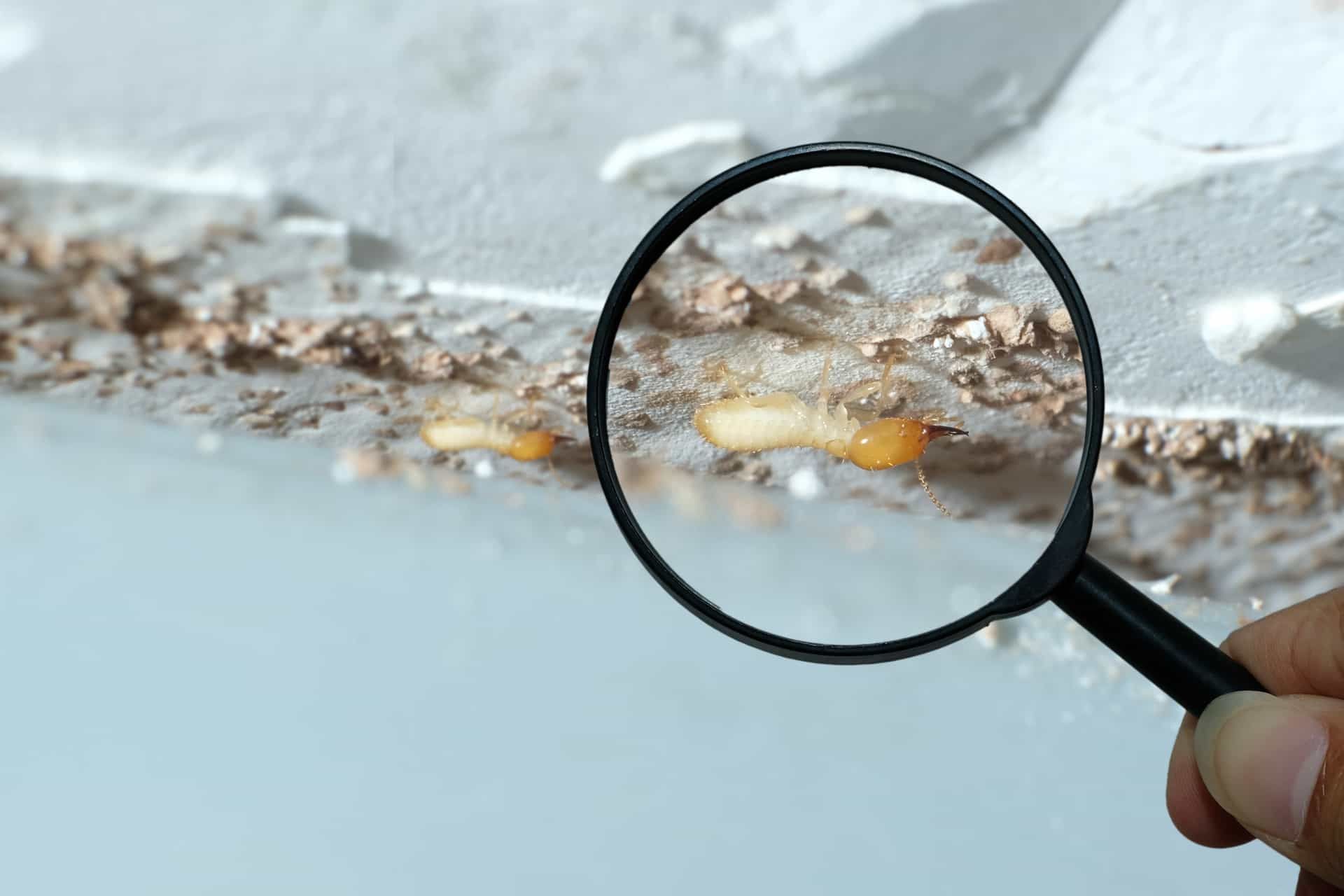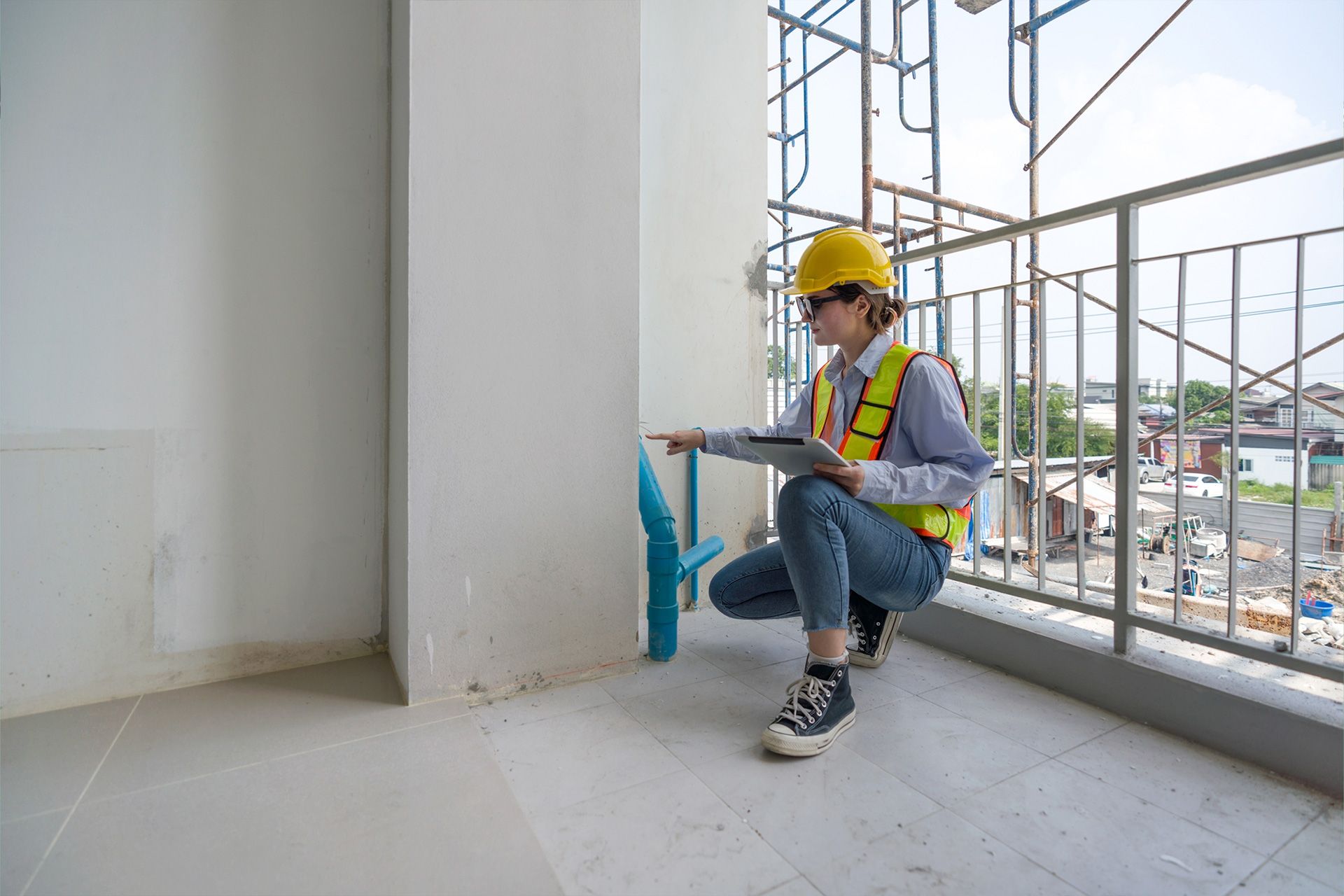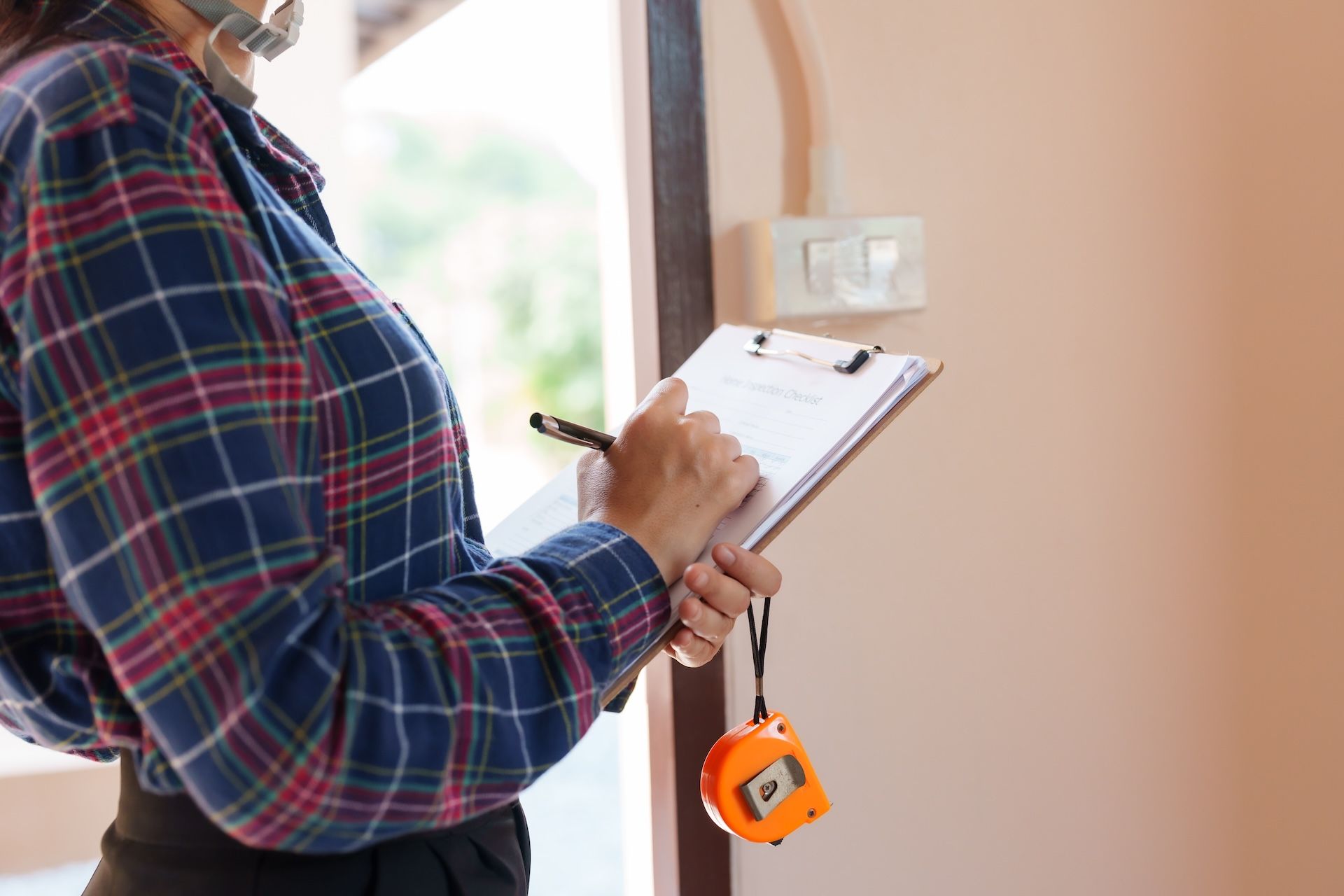Should You Get a Pool Inspection Before Buying a Home? Here's What You Need to Know
Buying a home with a pool may seem like the ultimate dream especially in places like South Florida where the sun is out almost year-round. However, before you close on a property with a sparkling backyard pool, it’s critical to schedule a pool inspection especially if you’re the buyer.
A pool that looks great on the surface could be hiding serious (and expensive) problems. From structural cracks to faulty equipment, these hidden issues can cost thousands to repair. More importantly, pool safety hazards can put your family and guests at serious risk.
This blog will walk you through why a pool inspection for buyers is essential, what it involves, when to schedule one, and how it can protect your financial and personal well-being.
What Is a Pool Inspection for Buyers?
Apool inspection for buyers is a professional evaluation of the pool’s structural integrity, equipment, safety features, and code compliance before a home sale is finalized. It helps identify issues that aren’t obvious to the untrained eye and gives you leverage to negotiate repairs or price adjustments with the seller.
Unlike a general home inspection—which may or may not include the pool—a dedicated pool inspection offersin-depth analysis from a certified expert.
Why Buyers Should Never Skip a Pool Inspection
A pool inspection is not required by law in most states, but skipping it can lead to costly surprises. Here’s why it matters:
1.Protect Your Investment
A leaking pool, broken heater, or unsafe electrical system can quickly turn your dream home into a money pit. A professional inspection ensures you're not taking on someone else’s neglected maintenance.
2.Ensure Safety for Your Family
A professional pool inspection includes checking for key safety measures like secure fencing, self-closing and self-latching gates, door alarms, and properly installed anti-entrapment drain covers. These features help create a safer environment for your family and guests—so everyone can enjoy the pool with peace of mind.
3. Meet Insurance & Local Code Requirements
Many insurance companies require pools to meet specific safety standards. Local codes may also mandate fencing, self-latching gates, and other protections. A pool inspection ensures the property complies with all applicable regulations.
4.Gain Negotiation Power
If the inspection uncovers major issues, you can ask the seller to fix them before closing, reduce the asking price, or provide credits. This can save you thousands—and give you peace of mind.
What Does a Pool Inspection Include?
A thorough pool inspection typically covers five key areas:
1. Exterior Walk-Around
The inspector will walk around the pool deck to look for cracks, uneven surfaces, or signs of damage. The coping (edge of the pool) and mastic (seal between pool and deck) will also be checked for wear and tear.
2. Structural and Liner Review
The pool walls, liner (for vinyl pools), and shell (for concrete or gunite pools) are examined for signs of cracks, bulges, leaks, or deterioration. These issues may not be visible when the pool is filled with water.
3. Hardware and Safety Equipment Check
The inspector will review ladders, handrails, diving boards, lights, return jets, and drains. They ensure everything is securely installed, functional, and compliant with safety codes.
4. Pool Equipment Evaluation
This includes checking the pump, filter, heater, chlorinator or salt system, and any automation systems. Electrical and plumbing components are also tested for leaks, corrosion, and proper installation.
5. Security Features and Code Compliance
This is especially important for families with children. The inspector will check that the pool has:
- Proper fencing at least 4 feet high
- Self-latching gates
- Door alarms or pool alarms (if required)
- Anti-entrapment drain covers compliant with the Virginia Graeme Baker Pool & Spa Safety Act
Do Home Inspectors Inspect Pools?
Most general home inspectorsdo not include full pool inspections in their standard service because:
- Pool systems are complex and require special expertise.
- There are liability risks involved.
- They may not carry the right insurance or certification.
Some may offer abasic visual inspection, but this is no substitute for a professional pool inspection.
Always clarify with your home inspector upfront. If they won’t do a full pool inspection—or recommend a separate inspection be proactive and schedule one during yourinspection contingency period.
When Should Buyers Get a Pool Inspection?
You should schedule your pool inspectionafter your offer is accepted but before closing, ideally during the same window as your general home inspection.
There are two scenarios where hiring a professional pool inspector is a must:
- Your home inspector refuses to inspect the pool.
- Your home inspector recommends further evaluation of any pool components.
Act quickly so you still have time to negotiate or walk away from the purchase if necessary.
How to Find a Certified Pool Inspector
If you're not sure where to look, try the following:
- Ask yourreal estate agent or home inspector for a referral.
- Search online for licensed pool inspection companies in your area.
- Ask neighbors or friends who have recently purchased homes with pools.
Choose an inspector who:
- Specializes in pool inspections (not just general contracting).
- Has certifications or training in pool system evaluation.
- Provides detailed, written reports with photos.
In Florida, make sure they are familiar withstate pool safety laws and local building codes.
Final Thoughts: Don’t Skip the Pool Inspection
If you're buying a home with a pool, an inspection is more than just an added service—it’s a smart investment in your family's safety and your future property value.
Pools bring fun, relaxation, and curb appeal, but only when they’re safe and functioning properly. As a buyer, you deserve full transparency. A professional pool inspection provides exactly that.
Schedule a Pool Inspection with Guardian Angel Today
At Guardian Angel Inspections, we specialize in providing thorough, reliable pool inspections for homebuyers across Central & South Florida. With over a decade of experience and a deep understanding of Florida’s strict pool safety laws, our certified inspectors know exactly what to look for—so you’re not left with unexpected repairs or safety hazards after closing.
A pool should be a source of joy, not stress. Let us help you make sure your new pool is safe, functional, and fully compliant—before you sign on the dotted line.
Call us today at (561) 512-7854 to book your inspection or ask questions.
Disclaimer: The information on this website and blog is for general informational purposes only and is not professional advice. We make no guarantees of accuracy or completeness. We disclaim all liability for errors, omissions, or reliance on this content. Always consult a qualified professional for specific guidance.
Share this entry







